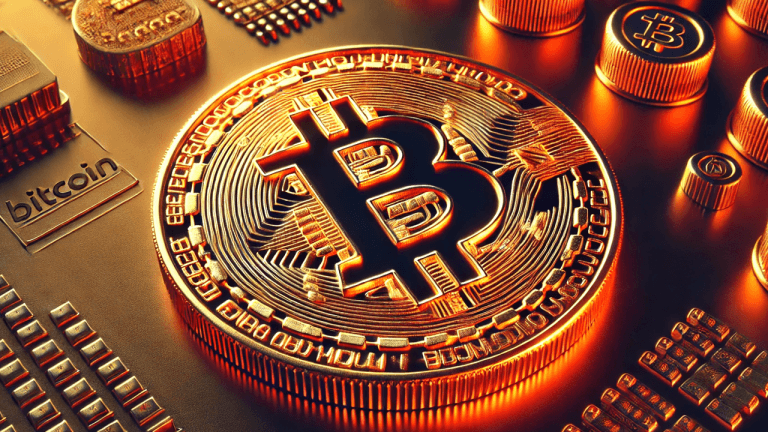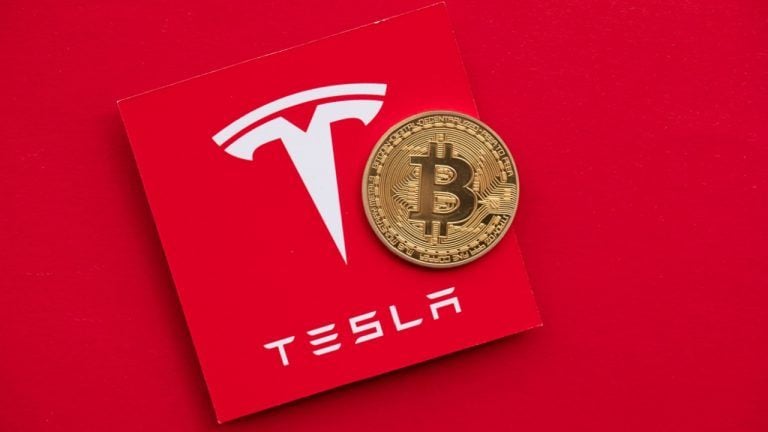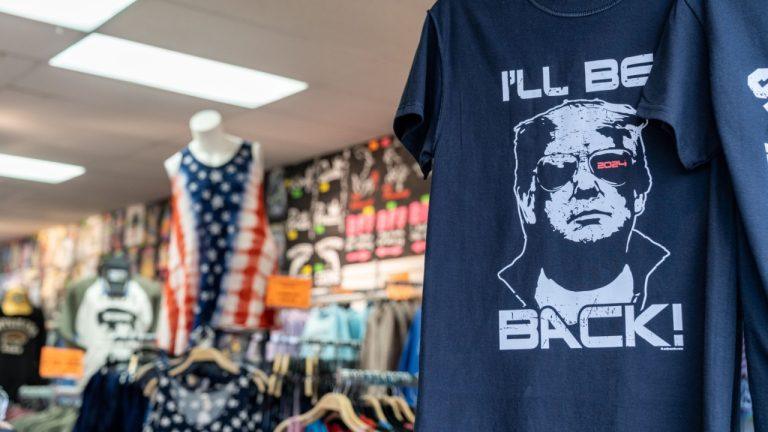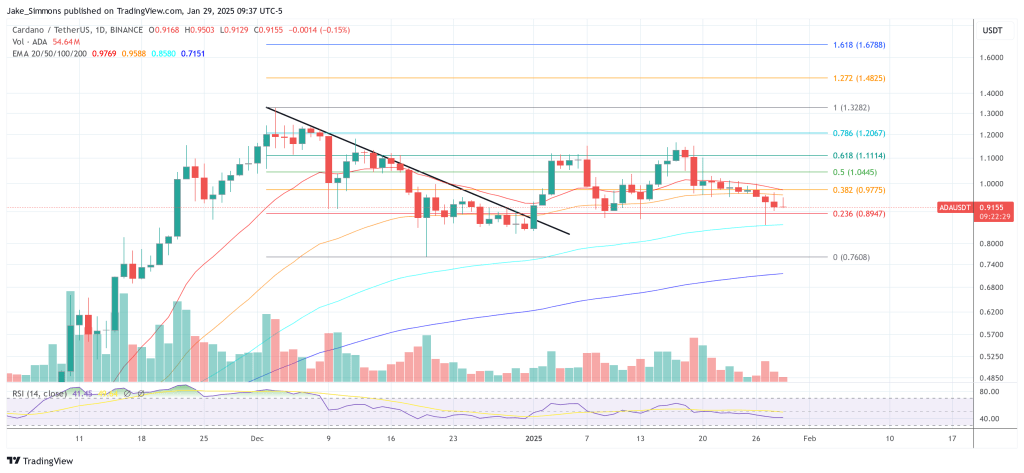 | Hi all, I've been studying the cryptocurrency field for a long time, and I keep finding a lot of interesting things in all the products on the market. Many people ask me where I keep my crypto assets. And today I'm going to describe the main crypto wallets and name all their pros and cons. First of all, let's see how it works in as simple terms as possible. How do crypto wallets work?A cryptocurrency wallet stores your public and private keys. When it comes to sending and receiving cryptocurrency, those keys are all you need.
In fact, there's a lot more to say about this, but I'll skip the lyricism and get to the point. So where to store cryptocurrency? Storing cryptocurrency assets is the most important part of working with crypto. So, the choice of storage should be approached very responsibly. As the most popular options, there are three subcategories:
Today, I’ll do a whole-feature comparison and figure out which ones will be best suited to the specific tasks of each kind of user. Software WalletsThis subcategory includes desktop, mobile, and web wallets. Software wallets can be mobile or computerized, which are downloaded directly to the device. I would say these are the most convenient options for storage, and in the case of non-custodial ones, also the safest ones. Blockchain WalletBlockchain Wallet is by far the most popular digital wallet that allows users to store and manage their cryptocurrencies to the fullest extent. Blockchain Wallet is maintained by Blockchain, a software company. Pros:
Cons:
Summary: Despite the fact that it is one of the most popular wallets, I would not highly recommend it. If you want to try yourself in the world of cryptocurrency and send a small amount there, this option can still be considered. However, when dealing with large amounts, and the frequency of blokchain.com hacks, I would put it in the last place. Coinbase WalletThis wallet combines the versatility offered by its predecessor Toshi Wallet with the support offered by Coinbase. In this wallet, you can store your ethers and tokens based on the Ethereum network, as well as interact with dApps from a single app. Pros:
Cons:
Summary: Coinbase Wallet is a great alternative for storing your tokens and managing your dApps. First of all, it generates a seed to backup your funds. Secondly, it's a very simple app, easy to use and equipped with lots of tools. On the other hand, the app can cause some inconvenience. When opening dApp, the browser may freeze and you have to tap to close the app and reopen it to make it work. Trust WalletTrust Wallet is a mobile wallet app launched in November 2017 that allows you to store your digital assets. It guarantees anonymous and secure transactions on your devices Pros:
Cons:
Summary: In my opinion, Trust Wallet is not recommended for use because this platform is still young and its service offering remains limited. Although Trust Wallet is already well known in the cryptocurrency market, it is far from the best option for receiving, storing or exchanging cryptocurrencies and many other tokens. Trust Wallet is great for users who are not too picky about functionality and do not have the need to keep a large portfolio of different tokens. Guarda WalletGuarda Wallet is a crypto project that supports 50+ coins, 10K+ tokens and 13 coins for staking. Moreover, it is one of the few companies that support all kinds of clients, from mobile application to a web version. What's more, they don't store your keys on their servers, which literally reduces the potential chance of wallet hacking to zero. Pros:
Cons:
Summary: In my humble opinion, Guarda is one of the best products on the market. They are constantly working on their product, adding new features and implementing constant updates. Moreover, they support a lot of tokens, allow you to buy coins, and elaborate all their instructions so that even a very new user can understand them. There are some minor inconveniences, though. For example, in order to see the updated balance, you need to refresh the application. However, this is probably not so much a bug as a feature, so that users can be sure how much money they have on their balance before sending it. I can safely say that Guarda is my favorite when it comes to choosing a cryptocurrency wallet. Yes, there are nuances, but they are actually overshadowed by the positives. Atomic WalletAtomic Wallet, created by Konstantin Gladich, is a decentralized and multicurrency cryptocurrency wallet that allows you to store or exchange digital currencies. It is the very first atomic swap wallet. Many people wonder if this wallet is reliable or not. Some hold it in high regard, while others consider it a less effective online portfolio. It seems to me that it is the needs of the consumer that come into play here. It is clearly not suitable for beginners, but for mature users, it is quite possible to consider it. Pros:
Cons:
Summary: I couldn't find any relevant information about the security and transparency of this cryptocurrency wallet. Seriously, there is a lack of serious regulation of this platform. It is possible that they are hiding their weak security potential. Atomic Wallet is not yet optimized for all platforms. In addition, there is some opacity about how it collects transaction fees. Exodus WalletExodus wallet is a software wallet launched in 2015 by Daniel Castagnoli and J.P. Richardson in Nebraska, where it is headquartered. The project was also funded by several Swiss foundations and is one of the most popular wallets and powerful as several specialized pages. Exodus is present in many countries around the world largely due to its simple mobile app with an intuitive design and fairly simple language, making it a very practical tool for those new to the world of cryptocurrency. Pros:
Cons:
Summary: Exodus is ideal for beginners with cryptocurrencies. Many regulars also continue to use Exodus, so practical and pleasant it’s for use. However, its security remains quite low, so I would recommend investing only reasonable amounts in it CoinamiNegative comments appear from time to time on various web portals or forums. Nevertheless, Coinomi is one of the safest software wallets on the entire market, and this is reflected in the fact that, so far, none of the user accounts created with this wallet has been stolen or hacked. What is really striking is that while this wallet has an extremely high level of security to prevent hacking or theft of funds, it does not have the security of a pin code or the typical two-step authentication process that is recommended for most cryptocurrency accounts today. Pros:
Cons:
Summary: This wallet is available in the vast majority of countries because the presence of the IP anonymization feature adds a new level of security, especially useful for those who receive money in countries that are considered insecure. Overall, user opinion of Coinomi is very positive and most emphasize the ease of use. However, things like the lack of ability to buy currency or the Android-only app spoil the picture quite a bit. Therefore it is necessary to make a conscious choice and understand that if there is a possibility to use a more functional wallet, it is better to choose it. My TOP of software crypto walletsSo, every wallet is good and bad in its own way. I've deduced quite a few pros and cons about each, and the truth is, there is no wallet that has everything perfect. In this area, wallets still have some work to do. However, considering that I am interested in crypto staking, I steel had to choose the best variant. Guarda seems to be #1 option for me in all aspects. Not only because it supports so many tokens, but also it allows me to get an additional income. However, apart from Guarda, I often use Trust, because I really like its interface. It is quite simple. For somebody, it may be a disadvantage, but I like it when it is easy to use the wallet without understanding the details of its interface. Then I put Atomic to third place. Despite the fact that there are many questions about it, it still wins over CoinBase and Blockchain in terms of everything. Why? - You ask. There are a lot of cases how these two wallets were hacked. [link] [comments] |

You can get bonuses upto $100 FREE BONUS when you:
💰 Install these recommended apps:
💲 SocialGood - 100% Crypto Back on Everyday Shopping
💲 xPortal - The DeFi For The Next Billion
💲 CryptoTab Browser - Lightweight, fast, and ready to mine!
💰 Register on these recommended exchanges:
🟡 Binance🟡 Bitfinex🟡 Bitmart🟡 Bittrex🟡 Bitget
🟡 CoinEx🟡 Crypto.com🟡 Gate.io🟡 Huobi🟡 Kucoin.




















Comments